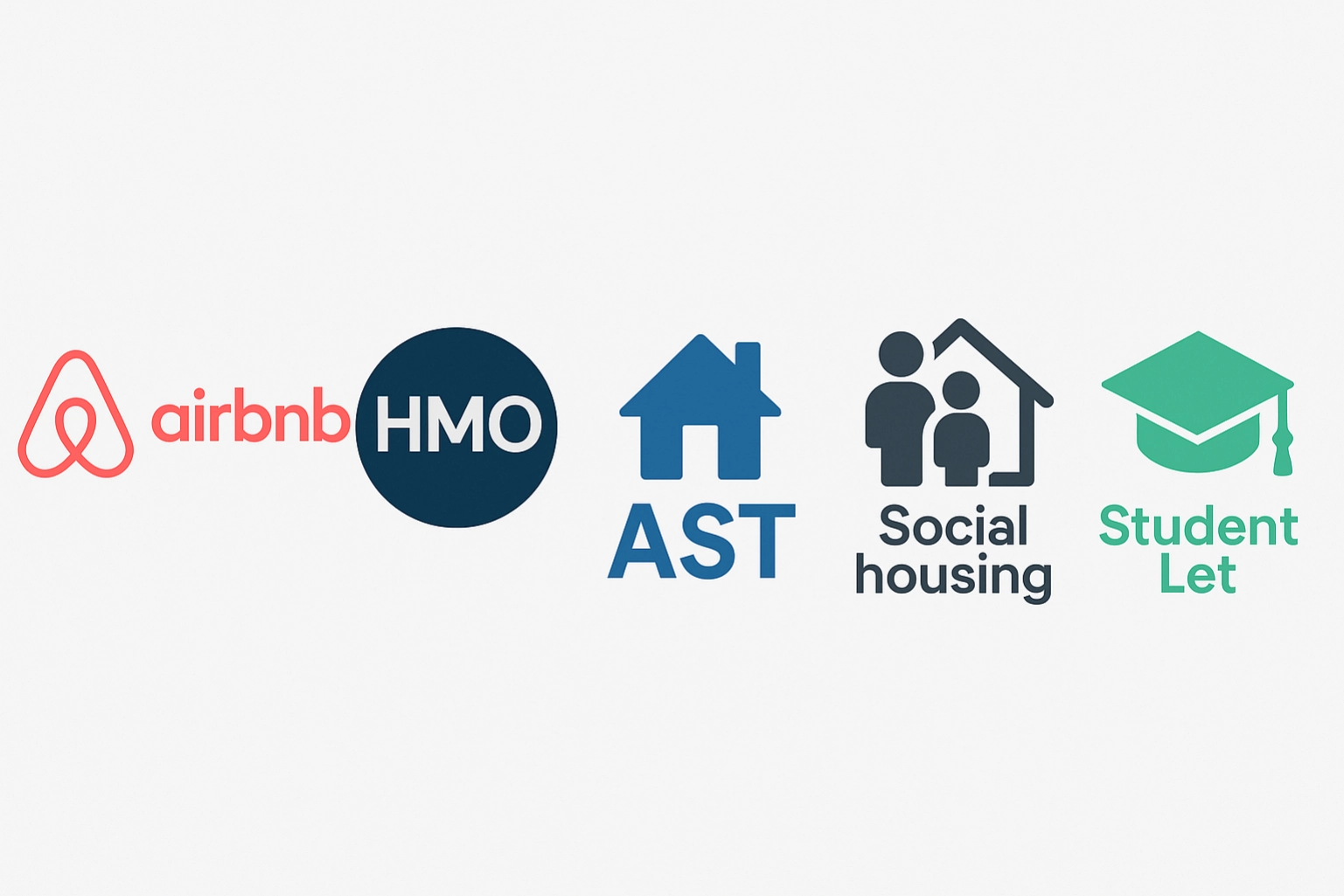Wondering if you can change your current mortgage to a buy to let? In this blog, we explain exactly how it works, what criteria you’ll need to meet, and the key things to watch out for . Including landlord rules, consent-to-let, and what it means for your future borrowing power. Whether you're upgrading to a new home or turning your property into a rental investment, here’s what you need to know.

Jun 23, 2025

If you’re thinking of turning your current home into a rental, you’re not alone. Many homeowners in the UK explore switching to a buy to let mortgage either to move into a new home, generate rental income, or start building a property portfolio. But how do you do it the right way?
Let’s break down the key steps, lender criteria, and real considerations behind changing your mortgage to buy to let in simple, honest terms.
The good news? Yes, you can change your residential mortgage to a buy to let mortgage. But you’ll need permission from your lender or go through a full remortgage process. There are two main ways:
This is a temporary option where your current lender agrees to let you rent out your home without switching to a full buy to let mortgage. It’s ideal if you’re only planning to rent out short-term (e.g. moving for work temporarily).
If you plan to rent out your property long-term or change homes entirely, this is the more common route. You’ll apply for a new buy to let mortgage, usually based on rental income potential and your overall financial health.
Lenders will assess the following:
Even though most buy to let mortgages are assessed on rental income, some lenders still want to know you can cover repayments in worst-case scenarios. If you’ve got stable employment or savings, that helps.
Typically, you’ll need 25% equity or more. If your current home has increased in value or you’ve paid off a chunk, you’re in a strong position.
You don’t need perfect credit, but you’ll need a solid history with no recent defaults, CCJs or missed payments.
Lenders are cautious with certain properties like ex-local authority flats, studio apartments under 30 sqm, or homes above commercial units. Standard houses and modern flats are generally fine.
First-time landlords are welcome but some lenders offer better rates to experienced landlords. If this is your first rental, working with a broker helps find lenders open to beginners.
"Most people don’t realise how much flexibility they actually have when it comes to switching mortgage types. The key is knowing your options and acting before your circumstances change"
No, Once a property is on a buy to let mortgage, you can’t live in it yourself. It’s designed strictly for letting to tenants. If you’re considering moving back in, you’ll need to switch back to a residential mortgage first.
There’s technically no limit, but most lenders cap exposure to 3–10 properties. The more you grow your portfolio, the more checks you’ll face on income, risk, and management experience.
Yes, especially if your circumstances are temporary (e.g. you’re relocating abroad or living elsewhere for a year).
Consent to let avoids switching to a buy to let deal and often carries less upfront cost, but may come with restrictions (e.g. time limits or slightly higher rates).
We’ve helped homeowners across the UK successfully switch to buy to let from people moving out of London to first-time landlords looking to turn equity into income.
We’ll guide you through the affordability checks, lender selection, and explain what tax implications or property rules might apply in your case. Our advisors are specialists and we always work in your best interest.
Sarah from Kent had lived in her house for nearly a decade when she decided to move closer to her ageing parents. Rather than sell her home, she rented it out turning her equity into rental income.
With our help, she remortgaged her property to a buy to let deal and used the new income to help cover her new home’s mortgage. We also helped her with local landlord licensing and choosing the right insurance cover.

Interest rates remain a key factor in 2025, but so does demand. Rental supply remains tight, especially in city centres and commuter towns.
Lenders are a bit stricter, but deals are still available for borrowers with strong equity and clear plans. If you’re on the fence, speaking to a broker now can help you move quickly if rates drop or rules shift.
Avoid these common mistakes:
Absolutely. The right broker isn’t just trying to sell you a deal they’re here to guide you through complex decisions and protect your interests.
At Mortgage Broker Near Me, we’re FCA-regulated, transparent about fees, and experienced in scenarios like yours. From consent to let, to full remortgages, we’ve done it all.
No, doing this could breach your mortgage agreement, risking serious consequences. Always inform your provider.
Costs include early repayment charges, lender set-up fees , legal fees, valuation fees, and possible taxes on rental income.

"Turning your home into a rental can feel overwhelming but with the right guidance, it can be one of the smartest financial moves you make.”
We’re here to make switching to a buy to let mortgage straightforward. No Fluff. No guesswork. Just honest advice and expert support.
📞 Speak to a broker today or request a callback at a time that suits you.

A clear, beginner-friendly guide to the five main types of buy-to-let investments – Airbnb, HMO, AST, social housing, and student lets – with pros, cons, example costs, and tips to help you choose. Learn what each option involves and when to speak to a mortgage expert for tailored advice.
Read Article
If you have multiple income streams, recent changes to your accounts, or you have been told your income is “too complex”, you can still get a mortgage. The key is how your income is evidenced, explained, and presented to the right lender. In this guide, we break down how lenders assess complex income, what documents you will need, when cases get declined, and how we helped a self-employed buyer secure a full mortgage offer in time to keep their property chain together.
Read Article
Being on a zero-hour contract doesn’t automatically rule you out of getting a mortgage. While lenders see variable income as higher risk, many will still lend if you can show consistency, a solid work history, and reliable earnings. This guide explains how zero-hour contract mortgages work, how income is assessed, what deposit you might need, and how Mortgage Brokers Near Me help applicants avoid rejections and secure the right lender first time.
Read ArticleIf you’re buying, moving, or remortgaging, speak with a MBNM adviser and get clear guidance on what’s realistically available to you, before you commit to anything.

